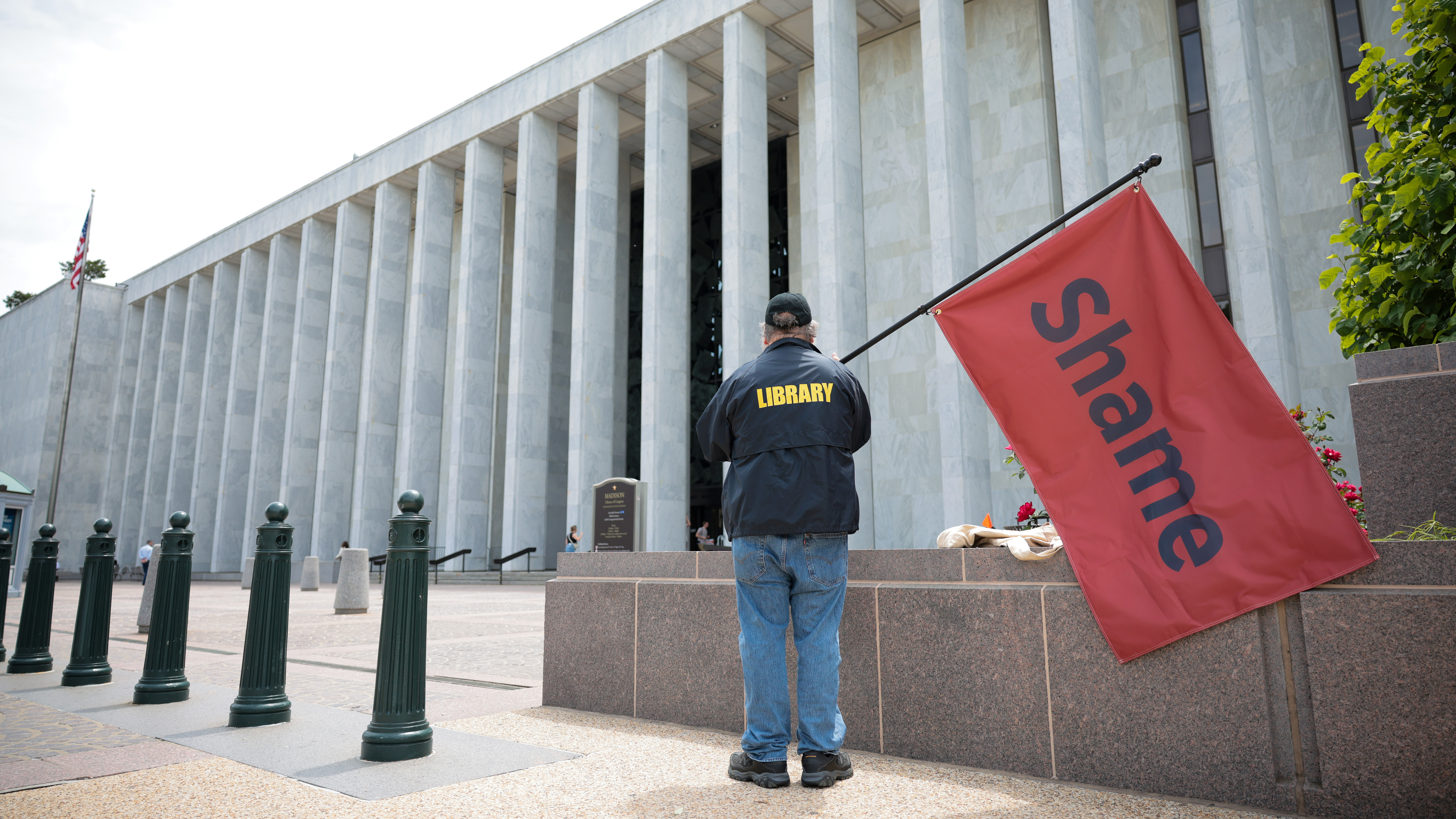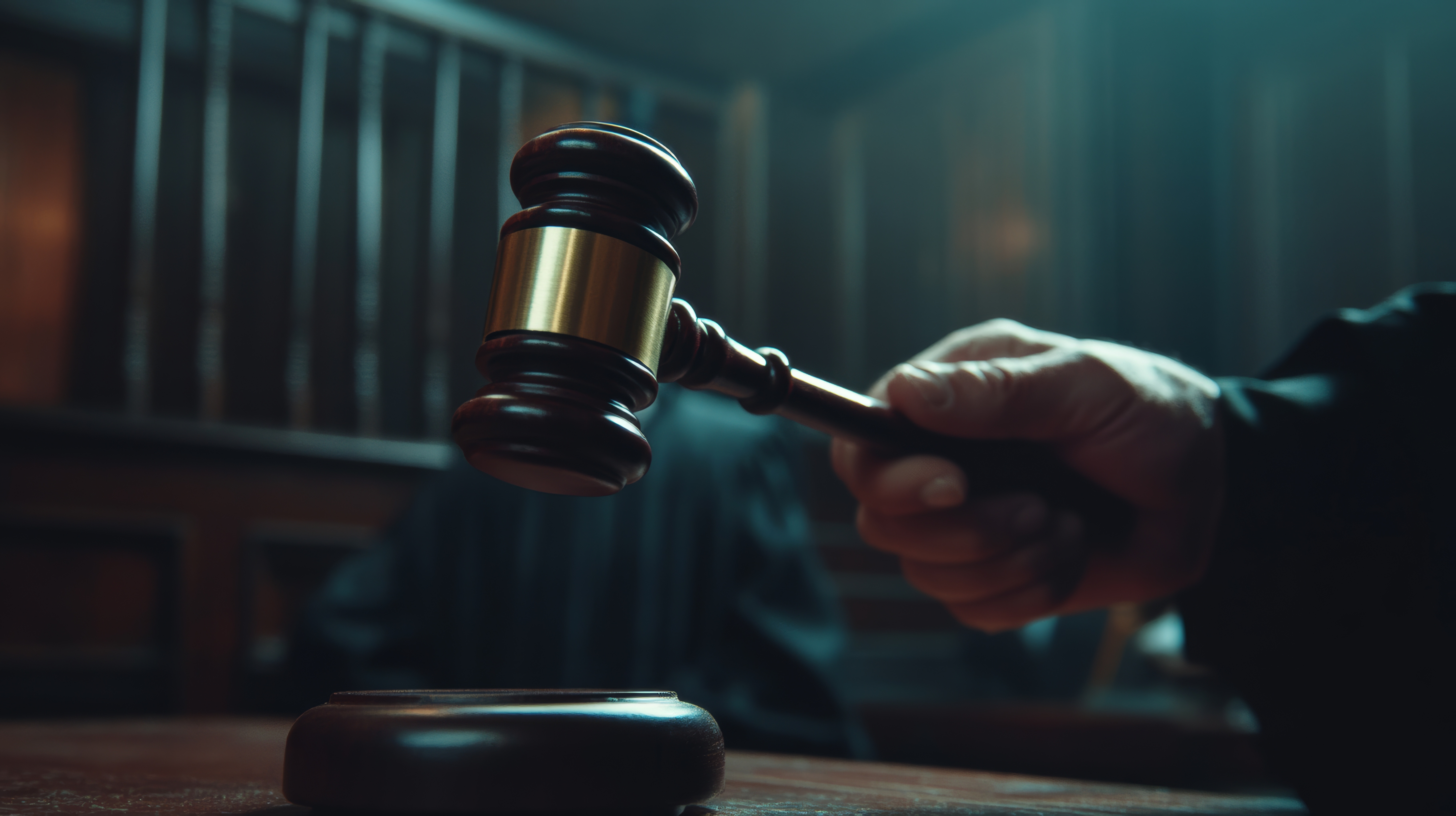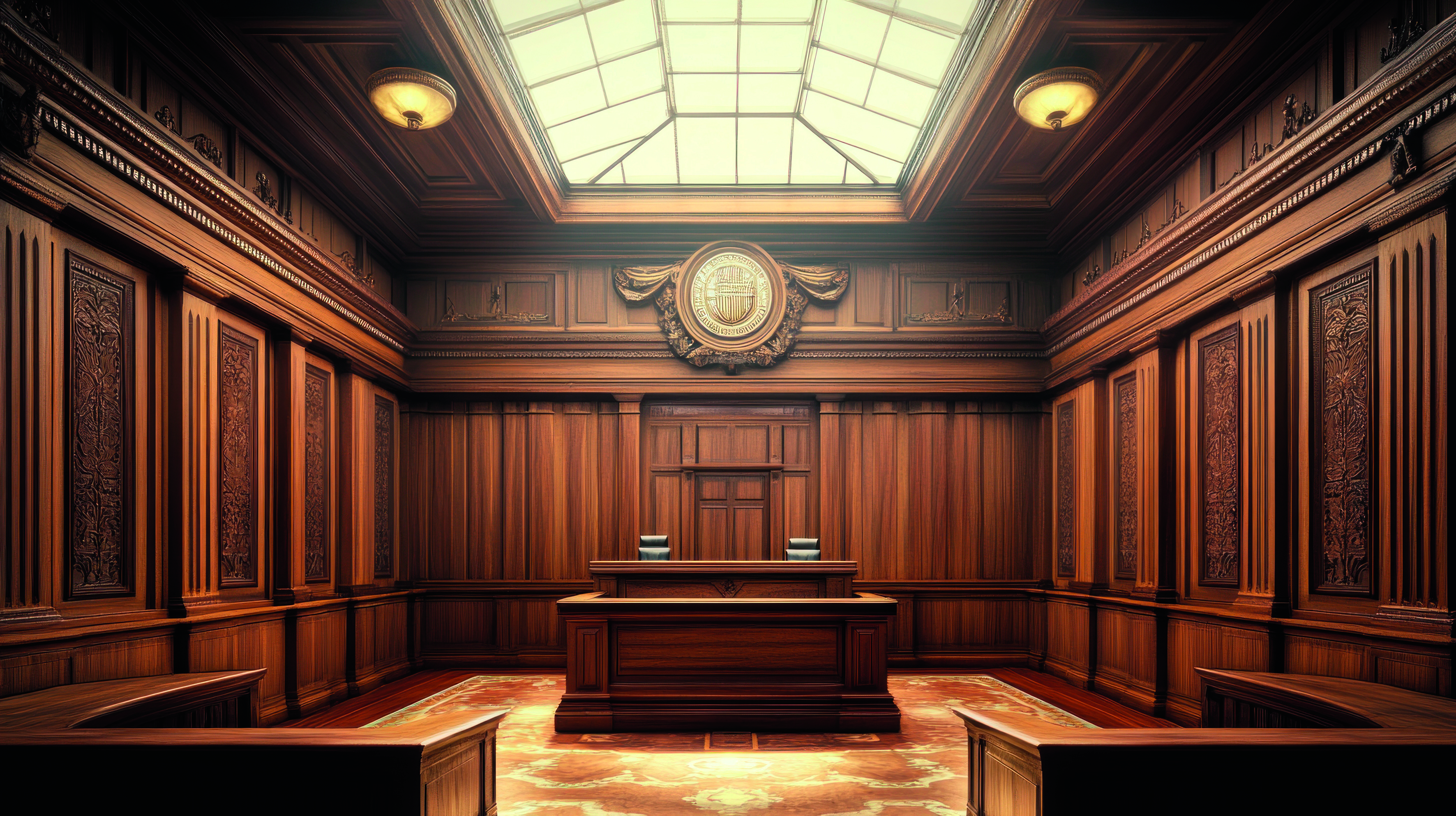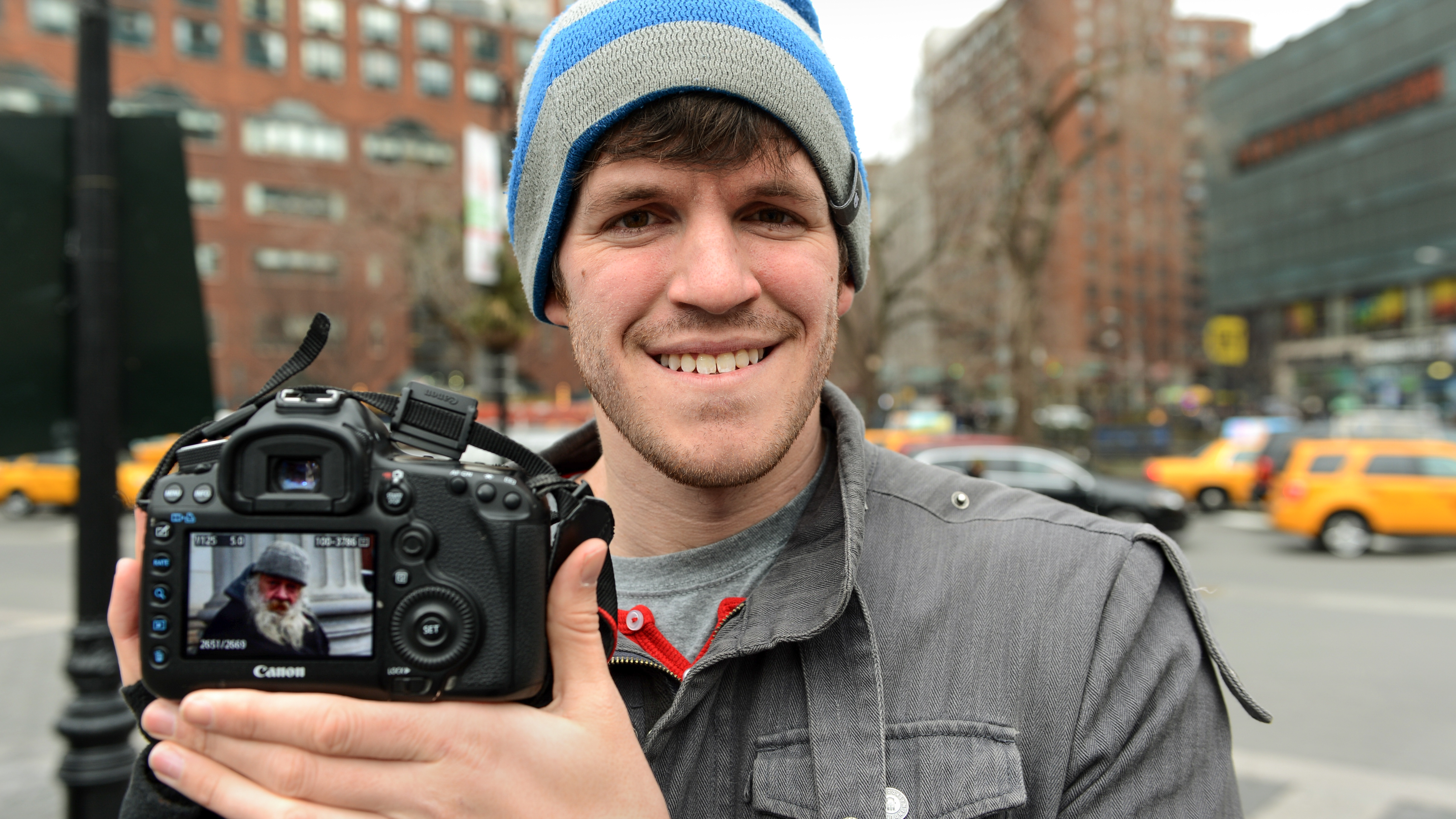Commercial AI “goes beyond established fair use,” Copyright Office says – but the win for artists was quickly dashed with an “unprecedented power grab”
The Copyright Office proposed a way both artists and AI could thrive. Then, the drama began

The best camera deals, reviews, product advice, and unmissable photography news, direct to your inbox!
You are now subscribed
Your newsletter sign-up was successful
Artists and AI companies have long debated a key point: Does using copyrighted material to train generative AI fall under fair use? But in the third part of an investigative analysis, the US Copyright Office has said that some types of generative AI used to create competing commercial works “goes beyond fair use boundaries.”
While many artists took the report as a win, just one day after the report was released, President Donald Trump reportedly fired the director and registrar of the Copyright Office, Shira Perlmutter.
Then, on Monday, two men with letters appointing them to the offices of the Library of Congress and director of the Copyright Office tried to enter the US Copyright Office but were reportedly escorted away from the building by Capitol Police.
Critics immediately pointed to the reported firing of Perlmutter as tied to the publication of the key report on generative AI and fair use. The reported firing also came just days after the termination of Librarian of Congress, Carla Hayden.
The Librarian of Congress is responsible for appointing the Copyright Register, while the President appoints the Librarian of Congress. However, the selection must first be approved by Congress.
The turmoil comes as a number of AI companies are embroiled in legal battles with publishers and artists over the use of copyrighted material in training generative AI.
The report by the US Copyright Office was released as a pre-publication copy due to the number of legal battles currently addressing similar questions. While much of the report could be considered a win for creators, the ensuing political drama that followed is the opposite.
The best camera deals, reviews, product advice, and unmissable photography news, direct to your inbox!

What does the Copyright Office’s report on generative AI say?
The Copyright Office report was released as a pre-publication copy on May 09 due to “congressional inquiries and expressions of interest from stakeholders,” the office noted.
The Copyright Office said that it doesn’t expect any “substantive changes” in the final version. The report is the third in a series that addresses questions surrounding AI, an initiative that launched in 2023 under leadership from Perlmutter.
The report, which is more than 100 pages long, analyzes legal precedents as well as public and professional opinions on generative AI training. The report addresses different use cases of generative AI and looks at whether or not those uses would fall under current fair use guidelines.
The report concluded that while some use cases of AI training would fall under fair use, including research and education, using copyrighted materials to create competing commercial works would not.
The report then went on to suggest an approach that could further both AI and creative industries, but the Copyright Office suggested that the current legal framework could be applied to AI without changes.
“When a model is deployed for purposes such as analysis or research – the types of uses that are critical to international competitiveness – the outputs are unlikely to substitute for expressive works used in training.”
This refers to the fourth factor in Fair Use doctrine, which analyzes whether or not an alleged infringement impacts the market for the original.
“But making commercial use of vast troves of copyrighted works to produce expressive content that competes with them in existing markets, especially where this is accomplished through illegal access, goes beyond established fair use boundaries.”
The report then suggests an approach that the office believed would strike the right balance between both artists and AI companies: allowing generative AI for research and analysis to fall under fair use, but licensing content to train generative AI to produce competing commercial works.
“In our view,” the report concludes, “American leadership in the AI space would best be furthered by supporting both of these world-class industries that contribute so much to our economic and cultural advancement.
“Effective licensing options can ensure that innovation continues to advance without undermining intellectual property rights. These groundbreaking technologies should benefit both the innovators who design them and the creators whose content fuels them, as well as the general public.”

Then, the Director of the Copyright Office was reportedly fired
One day following the release of the early report, the Director of the Copyright Office, Shira Perlmutter, was reportedly fired via email.
Critics were quick to question the move so close to a report favoring artists over tech companies.
Democratic State Representative Joe Morelle called the termination a “brazen, unprecedented power grab with no legal basis. It is surely no coincidence he acted less than a day after she refused to rubber stamp Elon Musk’s efforts to mine troves of copyrighted works to train AI models.”
Many artists were also quick to comment. The American Federation of Musicians, for example, wrote a response on Facebook. “Shira Perlmutter has served the American people with unrivaled expertise for decades,” the post reads.
“Her unlawful firing will gravely harm the entire copyright community. She understood what we all know to be true: human creativity and authorship are the foundation of copyright law – and for that, it appears, she lost her job.”
Some legal experts, however, have argued that the President doesn’t have the power to fire the director of the Copyright Office. “The president has as much legal power to fire the Register of Copyrights as I do, which is to say: none,” wrote Meridith Rose, senior legal counsel for the nonprofit Public Knowledge.
“The Register of Copyrights is hireable and fireable only by the Librarian of Congress, and does not report to the president or the executive branch in any capacity.”
“The termination of Dr Carla Hayden, a pillar of the community and a dedicated public servant and steward of the Library of Congress, was likely within the president’s power, but we need to be clear about the reasons for her firing,” Rose continued.
“According to a spin-off of the American Accountability Foundation – an organization whose primary purpose appears to be making target lists of civil servants – Dr. Hayden was ‘woke.’ She was also the first Black person, and the first woman of any race, in the role. Anyone who thinks these things are unconnected lives in a state of ignorance.”
With the copyright director hireable and fireable by the Librarian of Congress and the Librarian of Congress recently terminated, two men with letters claiming they were appointed to both offices were reportedly escorted from the US Copyright Office building on Monday.
While the President appoints the Librarian of Congress, the nomination needs to be approved by Congress first.
According to anonymous sources reporting to Wired, Brian Nieves claimed to be the new deputy librarian and Paul Perkins the new leader of the Copyright Office. Both Nieves and Perkins are currently part of the Department of Justice. The sources, however, said that the two were not allowed access to the offices on Monday.
A number of Trump’s Executive Orders have been blocked by judges or are currently undergoing legal debate. Among those orders is one that makes it easier for the administration to fire federal employees. However, last week a federal judge in California issued a temporary restraining order halting the mass layoffs stemming from the Department of Government Efficiency (DOGE).
While the US Copyright Office report could be considered a win for creatives across multiple industries, the ensuing political drama points to where the current administration’s priorities lie.
A number of tech company CEOs donated to Trump’s inauguration, including Sam Altman, CEO at OpenAI, and Mark Zuckerberg, CEO of Meta, while Elon Musk, who owns xAI, is serving as an advisor to the President. Last month, Musk responded "I agree" to a post on X by Jack Dorsey calling to "delete all IP law.
In March, OpenAI and Google sent proposals to the US government asking to allow their AI to be trained on copyrighted material. “If the PRC’s [People’s Republic of China] developers have unfettered access to data and American companies are left without fair use access, the race for AI is effectively over,” OpenAI wrote.
What happens next following the turmoil at the US Copyright Office, and as pending court cases play out, could play a key role in the future of copyright law and how AI trains its models. Artists of all types, including photographers and videographers, should pay attention to how these battles play out.
You may also like
Read about the previous US Copyright Office report on AI here.

With more than a decade of experience writing about cameras and technology, Hillary K. Grigonis leads the US coverage for Digital Camera World. Her work has appeared in Business Insider, Digital Trends, Pocket-lint, Rangefinder, The Phoblographer, and more. Her wedding and portrait photography favors a journalistic style. She’s a former Nikon shooter and a current Fujifilm user, but has tested a wide range of cameras and lenses across multiple brands. Hillary is also a licensed drone pilot.
You must confirm your public display name before commenting
Please logout and then login again, you will then be prompted to enter your display name.
